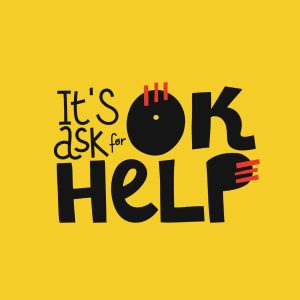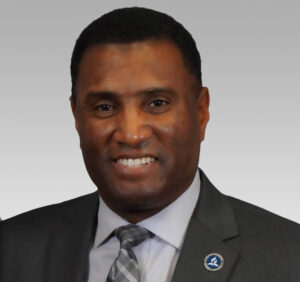Life is full of ups and downs, and it can be tough to navigate the challenges that come your way. As young people, you often face unique struggles and pressures that can make it feel like there’s no way out. In moments of despair, suicide may seem like a solution to end the pain. But the truth is, taking your own life is never the answer.
There are many reasons why young people might consider suicide. It could be the result of a toxic relationship, financial stress, or mental health challenges like depression or anxiety, or perhaps physical, verbal, or cyber bullying. Maybe its sadness brought on by comparing yourself to others or some false idea of where you, or someone else, thinks you are “supposed to be” in life. Whatever the reason, it’s important to remember that there are always other options.
 If you’re struggling with mental health challenges, it’s important to seek professional help. Talking to a therapist or counselor can help you learn coping strategies and develop a plan to manage your symptoms. You may also benefit from medication or other treatments.
If you’re struggling with mental health challenges, it’s important to seek professional help. Talking to a therapist or counselor can help you learn coping strategies and develop a plan to manage your symptoms. You may also benefit from medication or other treatments.
If you’re dealing with stress or financial problems, try reaching out to a trusted family member, friend, or teacher for support. You can also seek assistance from local organizations or government programs. Remember, there’s no shame in asking for help.
With the rise of social media, it’s easy to compare yourself to others and feel like you don’t measure up. But it’s important to remember that the online personas people present may not reflect their true selves.
Don’t fall into the trap!! Connect with real people. Volunteer to help those who have a need. Maybe it may help you understand that we all have struggles and you may find that you have more to be grateful for than you thought.
If you’re experiencing bullying or harassment, it’s important to speak up. Talk to a teacher, school counselor, or other trusted adult. They can help you develop a safety plan and connect you with resources to protect yourself. Remember, you deserve to feel safe and respected, and you have the right to stand up for yourself.
If you’re feeling overwhelmed or hopeless, it’s important to reach out for help. You’re not alone, God is ever present and there are people who care about you and want to support you. Suicide is a permanent solution to a temporary problem, and the pain you’re feeling right now won’t last forever.
Also please consider the lasting impact that taking your own life will have on those who care about you. Your family, friends, and loved ones will be devastated by your loss. They will miss you and grieve for you every day. They will feel undeserved shame and guilt because they did not know what was going on in your head and they didn’t have the opportunity to love and support you to wholeness. Your suicide will also have a ripple effect on your church community, and your larger community, as people mourn you and struggle to understand why you felt like you had no other option.
Perhaps the most important thing to remember is, God’s love and care for you is unending and unfailing. He knows that we live in a broken world, and He understands the struggles and challenges that you face. Whether it’s the pain of rejection, the pressures of school or work, or the feeling of emptiness and loneliness, He cares deeply about what hurts you. He is always ready to listen, to comfort, and to provide guidance. No matter what the situation, God is always there to fill that emptiness and loneliness that you experience. He wants to be the One you turn to in difficult times and the One who can provide you with strength, hope, and peace. His love for you is beyond measure, and He desires for you to experience His love in your life. It is important for you to know that you are never alone, and that God is always with you, ready to extend His love and care.

So, know that you are loved and valued, and there is always hope for a better tomorrow. You have a future full of possibilities and opportunities waiting for you. Whatever challenges you’re facing today, they will pass, and you will emerge stronger on the other side.
If you’re struggling with suicidal thoughts, please reach out for help. You can call a crisis hotline, talk to a trusted friend or family member, or reach out to a mental health professional. To ask for support is a sign of strength, not weakness.
Even if it doesn’t feel like it right now, please believe us when we say that we love you, and your life is worth living. Don’t leave us. Fight for us and let us fight for you. Because we can’t imagine life without you…
988 Suicide & Crisis Lifeline

Roger A Bernard is president of the Central States Conference headquartered in Kansas City, Kansas.










